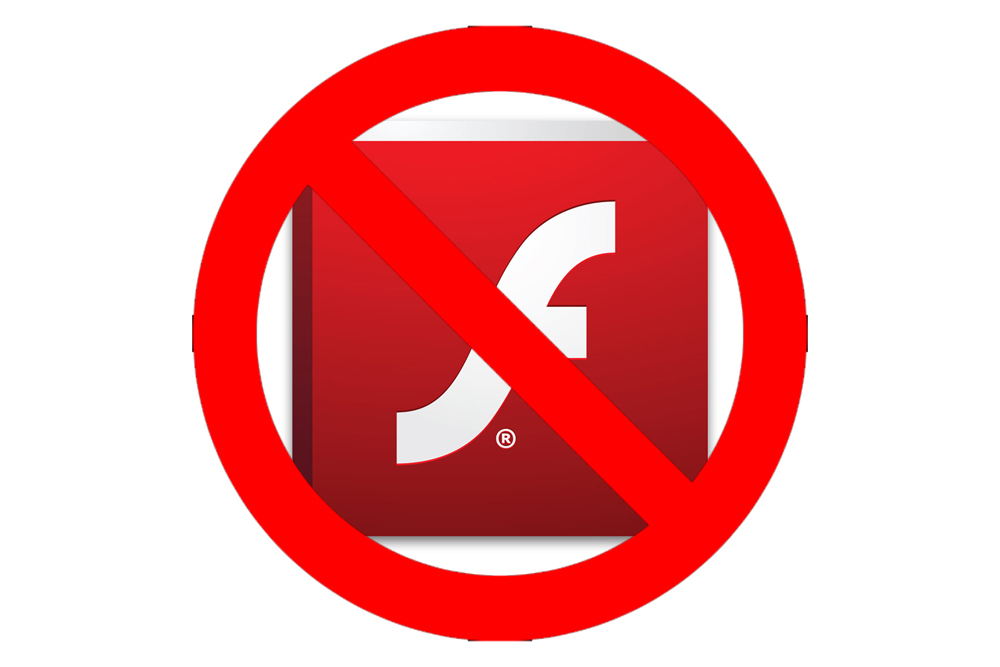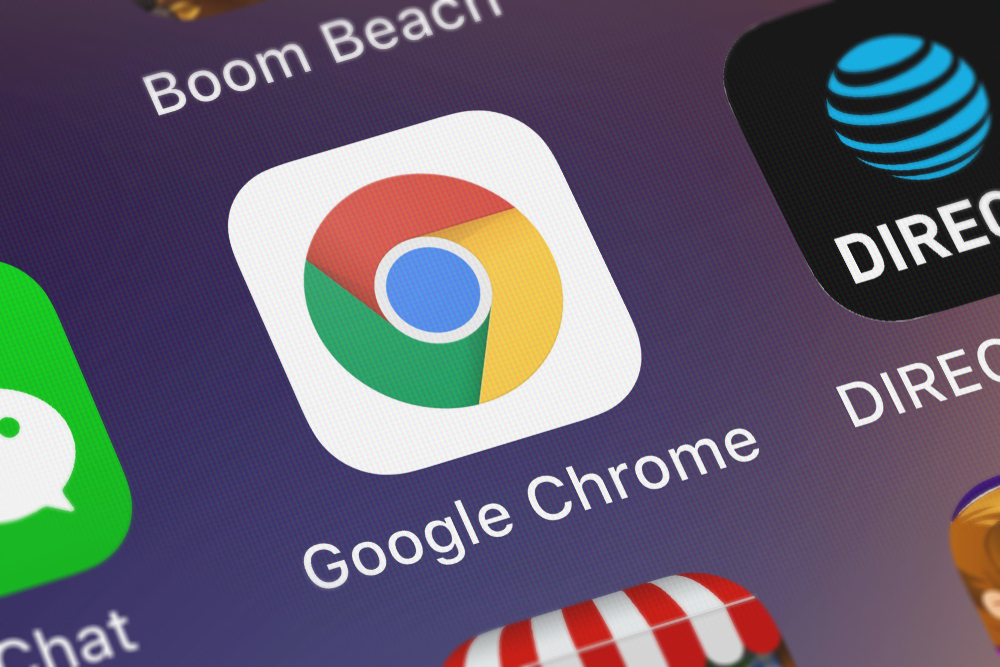Google trimming support for Flash on Chrome browser
Browser maker plans to scale back support for Flash before the calendar year is over

Google is preparing to greatly minimise support for Adobe's Flash media plug-in on its Chrome browser by the end of 2016.
The software, which is allows videos and other multimedia content to function, will only be enabled by default for 10 sites, which include YouTube, Facebook and Amazon.com.
On all other sites users will have to opt-in to activate it.
Flash player has existed since the 1990s, but today is frequently targeted by cybercriminals as a way of exploiting bugs that can compromise users' devices.
Many browser makers have chosen to end support for Flash because of its poor reputation for security, such as Firefox.
Google's decision to reduce its support for Flash was spotted on a Chromium developer discussion forum, where Anthony Laforge, Google's technical lead on Chrome, explained that metrics revealed the 10 chosen sites were the most popular Flash-using sites that users visited.
Other sites on the list include Twitch.tv, Yahoo.com, VK.com, Live.com, Yandex.ru, OK.ru, Mail.ru.
Get the ITPro daily newsletter
Sign up today and you will receive a free copy of our Future Focus 2025 report - the leading guidance on AI, cybersecurity and other IT challenges as per 700+ senior executives
"While Flash historically has been critical for rich media on the web, today in many cases HTML5 provides a more integrated media experience with faster load times and lower power consumption," wrote Laforge.
"This change reflects the maturity of HTML5 and its ability to deliver an excellent user experience. We will continue to work closely with Adobe and other browser vendors to keep moving the web platform forward, in particular paying close attention to web gaming."
Web games are one of the areas where Flash is still frequently used, because of its simplicity and low technical requirements. Flash-powered web games appear on promotional sites, educational portal, children's sites and others.
Google said it plans to ensure that Flash still runs uninterrupted in cases such as company's internal sites.
Earlier this year, Google announced that it would be ending support for Flash-based adverts on its services.
-
 Cleo attack victim list grows as Hertz confirms customer data stolen
Cleo attack victim list grows as Hertz confirms customer data stolenNews Hertz has confirmed it suffered a data breach as a result of the Cleo zero-day vulnerability in late 2024, with the car rental giant warning that customer data was stolen.
By Ross Kelly
-
 Lateral moves in tech: Why leaders should support employee mobility
Lateral moves in tech: Why leaders should support employee mobilityIn-depth Encouraging staff to switch roles can have long-term benefits for skills in the tech sector
By Keri Allan
-
 Spanish spyware outfit uncovered, develops exploits for Windows, Chrome, and Firefox
Spanish spyware outfit uncovered, develops exploits for Windows, Chrome, and FirefoxNews Google was only able to discover the company after an anonymous submission was made to its Chrome bug reporting programme
By Zach Marzouk
-
 Google adds new security vendor plugins for Chrome, improved Chrome OS policy controls for IT admins
Google adds new security vendor plugins for Chrome, improved Chrome OS policy controls for IT adminsNews New integrations across various security pillars aim to improve Chrome OS and Chrome browser security for enterprise customers
By Connor Jones
-
 Google patches second Chrome browser zero-day of 2022
Google patches second Chrome browser zero-day of 2022News Google acted quickly to secure against the type confusion vulnerability that was under active exploitation
By Connor Jones
-

 Acer Chromebook Spin 513 review: Cheap and mostly cheerful
Acer Chromebook Spin 513 review: Cheap and mostly cheerfulReviews An affordable Chromebook convertible with good looks but mediocre performance
By Mike Jennings
-
 Google says Chrome is now faster than Safari on Apple Silicon
Google says Chrome is now faster than Safari on Apple SiliconNews According to Apple's own benchmarks, Chrome 99 scored the highest out of any browser ever tested
By Connor Jones
-
 Google Chrome update fixes zero-day under active exploitation
Google Chrome update fixes zero-day under active exploitationNews Google releases a fresh wave of patches for severe vulnerabilities that could facilitate code execution and system takeover via Google Chrome
By Connor Jones
-

 Asus Chromebook CX9 (CX9400CE) review: The most stylish Chromebook on the market
Asus Chromebook CX9 (CX9400CE) review: The most stylish Chromebook on the marketReviews A sleek, expensive Chromebook that tries to bring professional style to Google’s OS
By Mike Jennings
-
 Chromebook shipments plunge due to 'shift in demand'
Chromebook shipments plunge due to 'shift in demand'News Sales of Chrome OS devices fell 29.8% in the third quarter of 2021 to 6.5 million units, according to IDC
By Danny Bradbury